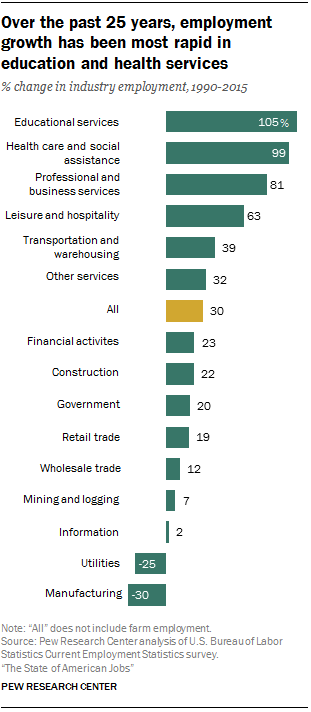NEW CLINTON AD -- “DAISY” -- Clinton is airing a new ad riffing on the 1964 “Daisy” ad about the danger of nuclear weapons. Monique Luiz, the actress from the 1964 spot, uses the same line as she did in the original ad: “the stakes are too high for you to stay home.” The spot will run during nightly newscasts in Arizona, Florida, Iowa, Nevada, New Hampshire, North Carolina, Ohio and Pennsylvania.
A few weeks ago wrote at The Atlantic:
Hillary Clinton is paying homage to one of the most famous presidential ads in history with a new spot that raises the possibility of nuclear war if Donald Trump wins the White House.
The 30-second ad called “Silo” features testimony from a former nuclear missile launch officer named Bruce Blair, who describes how he “prayed” that he would never receive a launch order he would be sworn to obey from a president. “If the president gave the order we had to launch the missiles, that would be it,” Blair says in the ad. “I prayed that call would never come. Self-control may be all that keeps these missiles from firing.”
Mark Halperin and Steven Yaccino write at The Atlantic:
Bill Bradley, the former Democratic senator from New Jersey and a long-time vociferous critic of super-PACs, has formed just such a group to go after Donald Trump in the final weeks before Election Day with a TV ad that invokes one of the most powerful political attacks in American history.
In September 1964, Lyndon B. Johnson’s presidential campaign released “Daisy,” a 60-second television advertisement that juxtaposed a petal-picking child with images of nuclear obliteration to caution against a Barry Goldwater presidency. It aired only once, but is widely remembered as perhaps the most powerfully negative TV ad ever created.
